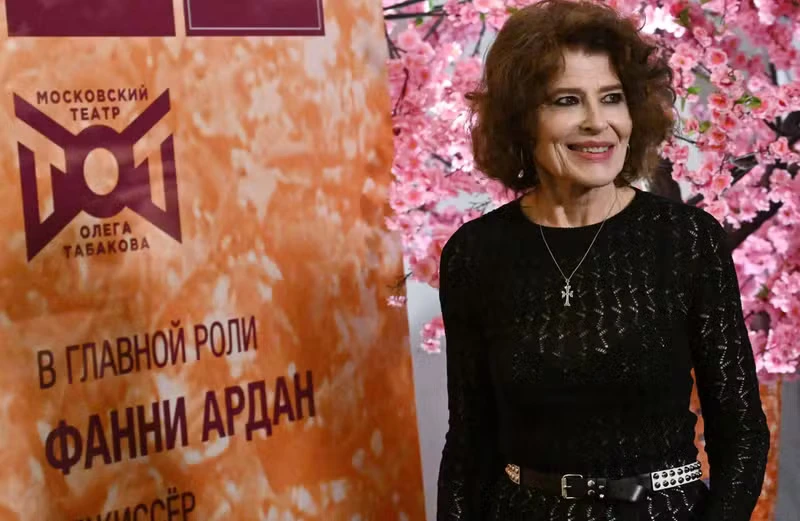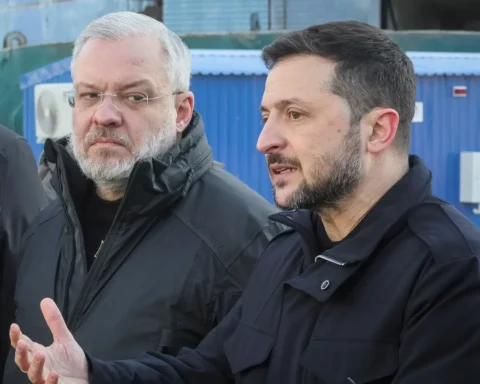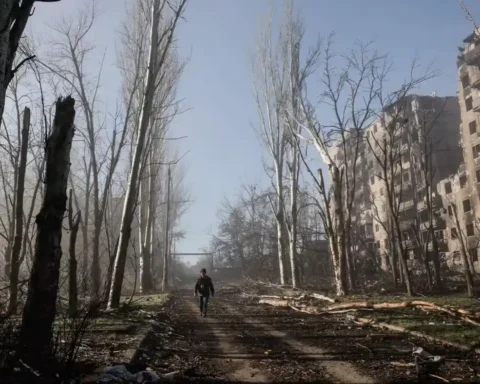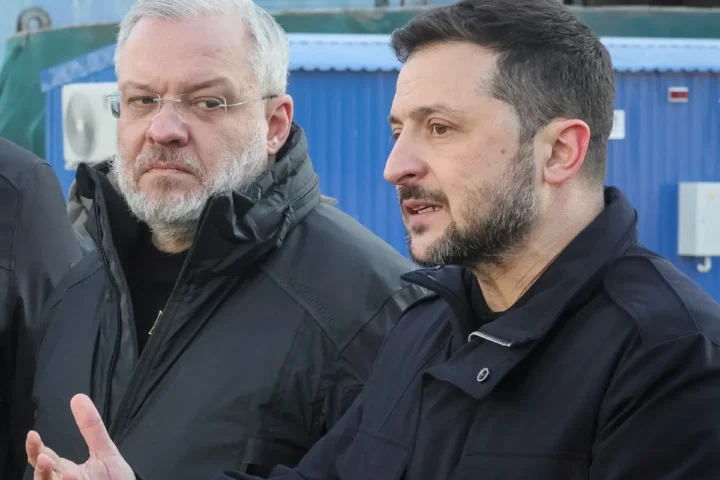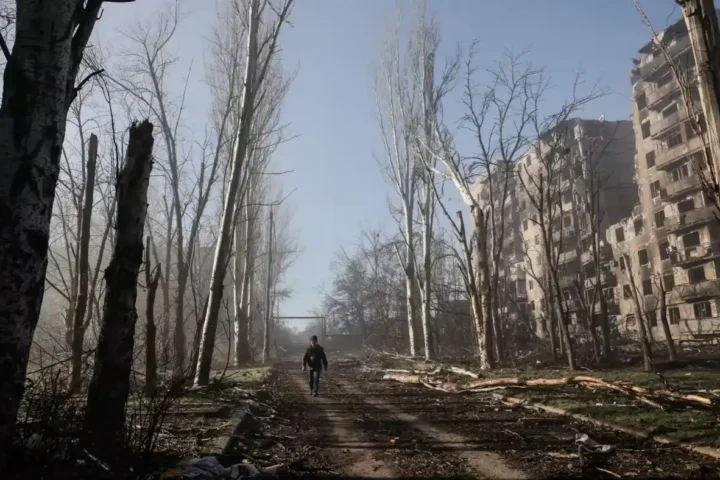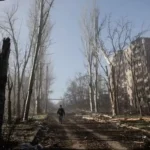In mid-June 2025, legendary French actress Fanny Ardant quietly visited Moscow. Her trip, organized at the invitation of the celebrated Russian actor and director Vladimir Mashkov — who has been under EU sanctions for supporting Russia’s invasion of Ukraine — became a notable event for Russia’s cultural and political elite, according to Le Monde.
A French Star on the Stage of a Kremlin-Aligned Theater
On June 13 and 14, Ardant performed her monologue play La Blessure et la Soif (“The Wound and the Thirst”) at the Sovremennik Theater in central Moscow, now headed by Mashkov since June 2024. The play, an adaptation of Laurence Plazenet’s 2009 novel (Gallimard), was originally staged in Paris at the Studio Marigny by director Catherine Schaub. Set in the 17th century, it tells the story of a thwarted love filled with passion, inner conflict, and poetic melancholy — themes that resonate deeply with Russian audiences.
At 76, Ardant made a brief private stop in Tbilisi, Georgia, before continuing to the Russian capital. Her Moscow performance attracted prominent figures including television personality and journalist Ksenia Sobchak and theater director Konstantin Bogomolov.
Speaking at a press conference organized by state media, including TASS, Ardant declared provocatively:
“I performed this play in Paris last June, and immediately thought: ‘I must perform it in Moscow.'”
She added:
“To act in Paris or Moscow — it’s all the same.”
“Russia Is a Land of Poetry”
Throughout her visit, Ardant carefully avoided political commentary.
“Russia is a land of poetry. I studied Russian literature, albeit chaotically, but I love it completely,” she said.
When asked why she would travel to an internationally isolated country, she responded simply:
“It goes without saying.”
Her statements were warmly received by Russian state media. Channel One proudly declared, “Fanny Ardant builds a strong bridge between Paris and Moscow,” celebrating her as a “Russian cultural agent” and “the femme fatale of French cinema.”
A Gesture of Loyalty to a Friend Entangled in Propaganda
According to Le Monde, Ardant’s visit was partly a gesture of gratitude toward Vladimir Mashkov, with whom she bonded during the filming of Rasputin in 2011 (directed by Josée Dayan and Irakli Kvirikadze). Mashkov played Tsar Nicholas II, and Gérard Depardieu portrayed the mystic healer. Since then, however, Russia has annexed Crimea (2014), launched war in Donbas, and invaded Ukraine in February 2022.
Mashkov became a vocal supporter of the war, displaying a giant letter “Z” — a symbol of the invasion — on the façade of the Tabakov Theater. In 2024, he joined Vladimir Putin’s re-election campaign and declared in April, during the Moscow International Film Festival (where he received a “special prize”):
“We all believe in our victory and, thanks to our soldiers, in a near victory.”
Following Ardant’s performance, Mashkov expressed admiration:
“When I listen to Fanny, I wish everyone appreciated our literature as she does and realized the importance of Russian culture in the world.”
Standing by Gérard Depardieu
Le Monde also points out that Ardant remains one of the few public figures still supporting her long-time friend Gérard Depardieu. Despite serious allegations of rape and sexual assault — and his effective banishment from the French film industry — Ardant defended him in court in March 2025 and cast him in her latest feature film Elle regardait sans plus rien voir, in the role of a magician.
“Happy People Have No History”
Ardant concluded her appearance in Moscow with a philosophical remark that, according to Le Monde, could be interpreted as a justification for her trip:
“I often say that happy people have no history. Those who fight, who resist their circumstances, always have a story.”
Notably, throughout her stay in Moscow, the actress made no mention of the war in Ukraine, offered no critique of Russian policy, and refrained even from neutrality. On the contrary, her rhetoric appeared as a gesture of cultural solidarity with Russia’s elite. For pro-Kremlin media, her visit symbolized one thing: that “French culture stands with Russia.”
This article was prepared based on materials published by Le Monde. The author does not claim authorship of the original text but presents their interpretation of the content for informational purposes.
The original article can be found at the following link: Le Monde.
All rights to the original text belong to Le Monde.


